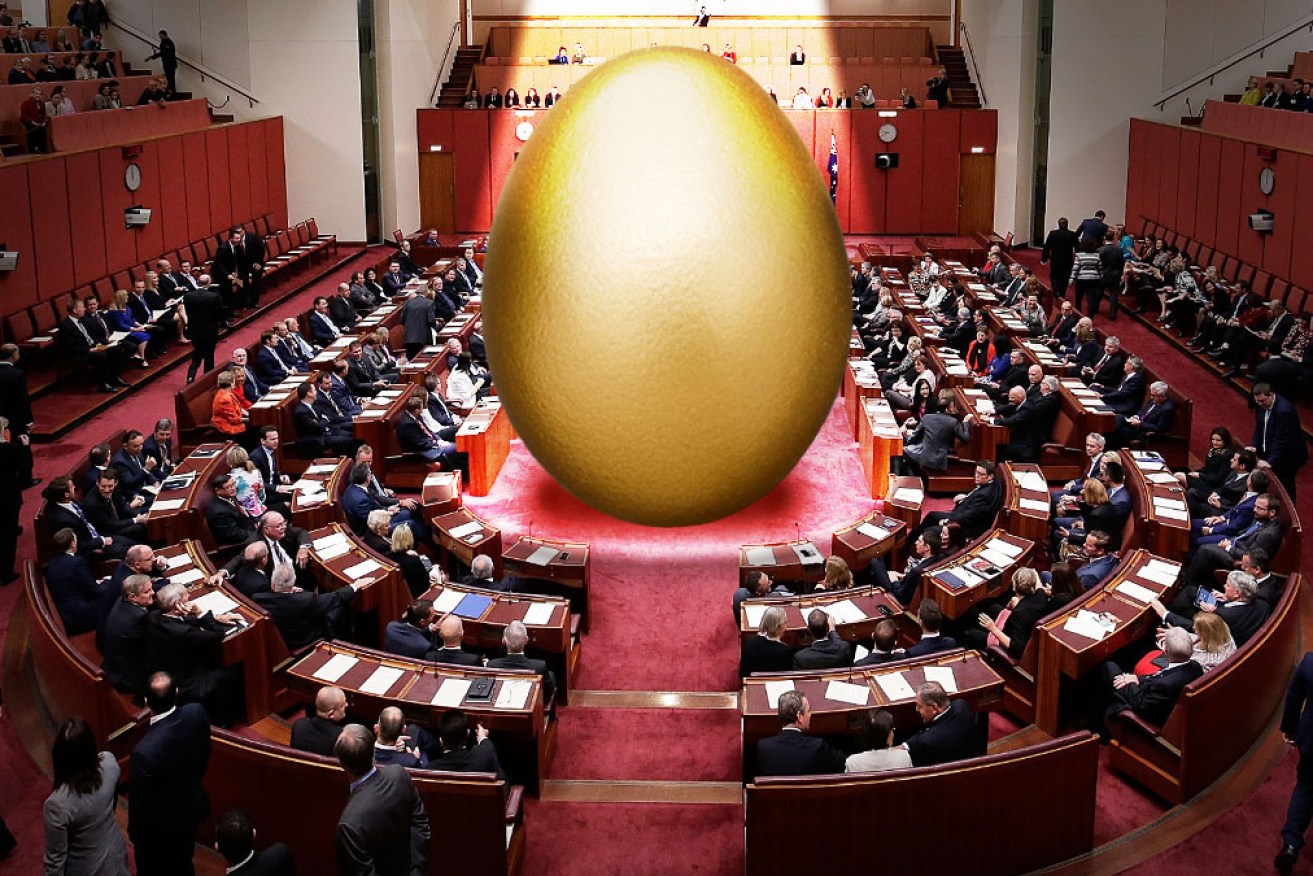Superannuation legislation before Parliament has drawn out many critics


New superannuation legislation before the Senate has drawn criticism from many quarters. Photo: TND
Superannuation has been in the political firing line since the surprise announcement in last year’s budget of a raft of reforms under the Your Future Your Super (YFYS) label which will radically alter Australians’ relationship with their super accounts.
The legislation, which has been shunted off to a Senate committee after passing the lower house, rules that those entering the workforce for the first time will be signed up to a super fund that will follow them through life, unless they choose to switch.
That is aimed at ending the situation where people accrue multiple fund memberships as they move through different industries that each have their own default super funds.
Multiple accounts cause unnecessary costs that eat away at retirement balances.
“Australians today are paying $450 million a year in unnecessary fees as a result of six million multiple accounts,” Treasurer Josh Frydenberg said when he launched the legislation.
The reform, known as ‘stapling’, will deliver members $2.8 billion over a decade – and over a working life, the Treasurer said, ending multiple accounts should boost the average account by $98,000.
Another YFYS reform will see fund underperformance addressed by regulator APRA running the measuring stick over fund returns yearly.
Underperformers will be classified as those returning more than 0.5 percentage points below the relevant benchmark going back eight years, or over the life of the fund.
Members of funds in that category will be advised of the situation by APRA and funds deemed to have underperformed for two years in a row will be barred from taking new members until the underperformance ends.
Treasury estimates $100 billion held by 3 million members is in underperforming funds. The change will deliver members an extra $10.75 billion over 10 years, the Treasurer said.
The problems
Although no one takes issue with the aims of YFYS, there are lots of voices challenging the detail of the legislation. The underperformance test is so limited in its application that it leaves billions of dollars and millions of member accounts outside its remit, for example.
That’s because in the first year (from July 2021), it will only cover default funds (around $780 billion) where members who don’t make an active choice are directed.
In the second year it extends to choice funds that are trustee-directed.
However, that definition excludes choice funds in single investment categories such as equities or bonds, as well as funds that run off a platform or large investment base, where members can choose from a myriad of options themselves.
That means as many as 8.1 million members, with $881 billion invested, won’t have their funds’ performance measured.
Research from Industry Super Australia (ISA) found only $254 billion was invested in trustee-directed products. That accounts for just 22 per cent of assets in the choice sector.
Performance will essentially be classified as investment returns less costs to members – but there is a problem here also.
Only investment costs will be included and administration costs, a significant impost on members, will be excluded.
That means a fund with low investment costs and high admin costs could be deemed to perform better than in reality.
This, again, will hit members of retail funds, which usually have admin costs as much as four times higher than the not-for-profit sector.
The resulting extra costs could cut retirement balances by as much as $160,000, Industry Super Australia found.
“The measures are misdirected and do not focus on the financial arrangements which the Productivity Commission and Hayne royal commission identified as contrary to members’ interests,” Industry Super Australia said in its response to the legislation.
Insurance risk
Another concern with stapling is that it will leave members who move from low-risk occupations, like retail, into higher-risk occupations with inadequate insurance.
Compulsory life and disability insurance in super funds relates to the level of risk in the occupation held by most of its members, so a part-time retail employee who later moves into the building industry could find themselves with insurance that doesn’t cover the higher risk of their new occupation.
Just before the YFYS legislation entered Parliament, new measures were introduced that effectively meant the Treasurer could block any spending made by a super fund. That spending could include both investments and measures such as advertising or administration.
It means the Treasurer could block advertising campaigns like those run by the industry super sector, of which some in the Coalition ranks have been highly critical. It also could see investments by particular funds declared illegal after they have been made, which would strand them with limited value because no other fund could buy them.
“If this law goes through a future government will have unprecedented power to interfere directly in the investment decisions of private enterprise,” said ALP shadow superannuation minister Stephen Jones.
Superannuation Minister Senator Jane Hume accused Labor of putting vested interests before members’ interests.
The legislation changes the demand for funds to act in members’ best interests and reverses the evidentiary burden of proof over fund spending.
That means that funds would have to prove their spending has been in members’ best interests, rather than the minister having to show that it wasn’t.
Law firm Maurice Blackburn described the move as “unusual and extraordinary and [something that] would ordinarily be reserved for very exceptional circumstances of grave threat to safety”.
The Senate committee will issue its report on YFYS on April 22.
The New Daily is owned by Industry Super Holdings.








